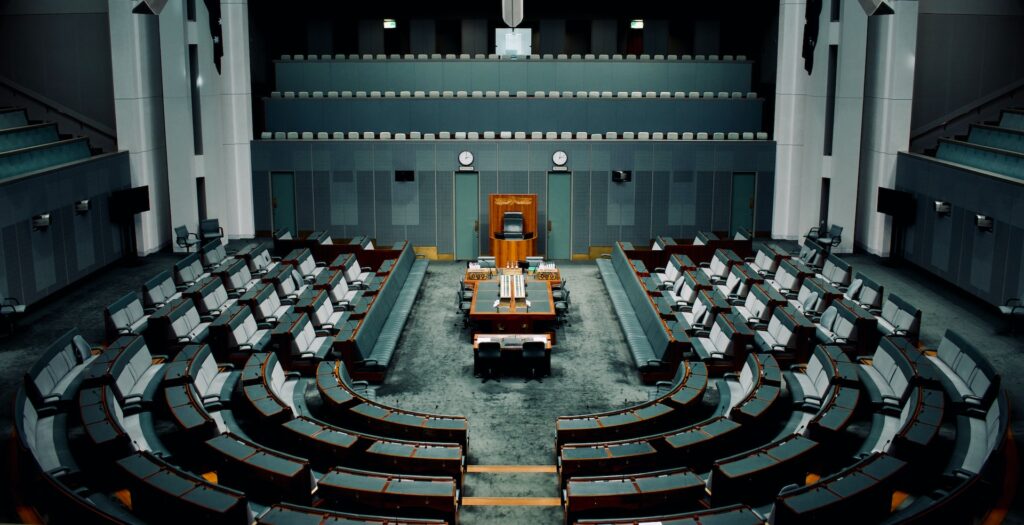IT Staffing

Public Sector Evolution Guide
The “Government Transformation Catalyst” is a vital resource for government industries. Explore strategies, innovations, and best practices to drive change and modernize public sector operations. This guide empowers government leaders to adapt, improve services, and enhance citizen experiences.
Efficiency Revolution Handbook
Unlock a new era of efficiency in the public sector with the “Efficiency Revolution Handbook.” Dive into strategies, tools, and insights that enable government agencies to streamline processes, reduce costs, and provide more effective services to their constituents.

The Role of Government: Shaping Our Society and Ensuring Progress
Government is a fundamental institution that plays a pivotal role in the organization and functioning of our society. It is responsible for maintaining order, protecting citizens, and creating an environment for progress and development. In this article, we’ll explore the importance of government and how it influences various aspects of our lives.
Ensuring Law and Order
One of the primary functions of government is to maintain law and order within a society. Governments establish and enforce laws that provide a framework for acceptable behavior and consequences for violations. This legal structure creates a sense of security and predictability for citizens, encouraging a peaceful coexistence.
Law enforcement agencies, such as the police, play a central role in upholding the law and ensuring public safety. They investigate crimes, prevent criminal activities, and respond to emergencies, contributing to the overall well-being of communities.
Protection of Rights and Liberties
Government plays a crucial role in protecting the rights and liberties of its citizens. Constitutions and legal frameworks, which vary from country to country, outline the fundamental rights of individuals, such as freedom of speech, religion, and the right to a fair trial. The government is responsible for upholding and safeguarding these rights.
The judiciary, including courts and judges, serves as a vital component of government, ensuring that justice is served and rights are protected. Citizens can seek redress through legal avenues when their rights are infringed upon.
Public Services and Infrastructure
Government is instrumental in providing public services and maintaining essential infrastructure. These services encompass a wide range of areas, including education, healthcare, transportation, and public utilities. These services ensure access to basic needs and support the well-being of the population.
Education systems, funded and regulated by the government, provide opportunities for learning and skill development. Healthcare services, often provided through public healthcare systems or regulation of private providers, help in maintaining the health of the citizens. Additionally, infrastructure development, such as roads, bridges, and utilities, promotes economic growth and connectivity.
Economic Regulation and Fiscal Responsibility
Governments regulate and oversee economic activities to ensure fair competition, consumer protection, and market stability. Regulatory bodies monitor various industries, from banking and finance to environmental protection and consumer safety. This oversight helps maintain a balance between economic growth and protecting the interests of citizens.
Fiscal responsibility is another key aspect of government. Governments create and manage budgets, collect taxes, and allocate resources to fund public services and infrastructure projects. Fiscal policies impact economic growth, inflation, and the distribution of wealth.
National Defense and Security
National defense is a critical responsibility of government, ensuring the security and sovereignty of a nation. Governments establish armed forces and defense strategies to protect against external threats and maintain peace. They also engage in diplomacy and international relations to foster cooperation and resolve conflicts peacefully.
Security agencies, including intelligence services, work to prevent and address security threats, such as terrorism, cyberattacks, and espionage. This aspect of government safeguards the well-being of citizens and the integrity of the nation.
Public Policy and Governance
Government is responsible for setting public policies that guide the decision-making process and address societal challenges. These policies encompass areas such as healthcare, education, the environment, and social welfare. Public policy decisions reflect the values and priorities of a society and can lead to meaningful social change.
Governance, including the executive, legislative, and judicial branches of government, ensures the efficient operation of public institutions. Through democratic processes, elected officials represent the interests of the people and make decisions that impact the nation’s direction and progress.
Disaster Management and Response
In times of natural disasters, emergencies, or pandemics, government agencies are at the forefront of response and recovery efforts. They coordinate relief operations, provide assistance to affected individuals and communities, and implement measures to mitigate the impact of disasters.
Government agencies also develop and implement strategies to address public health crises, such as the COVID-19 pandemic. They work in collaboration with healthcare professionals and organizations to ensure the well-being of citizens.
